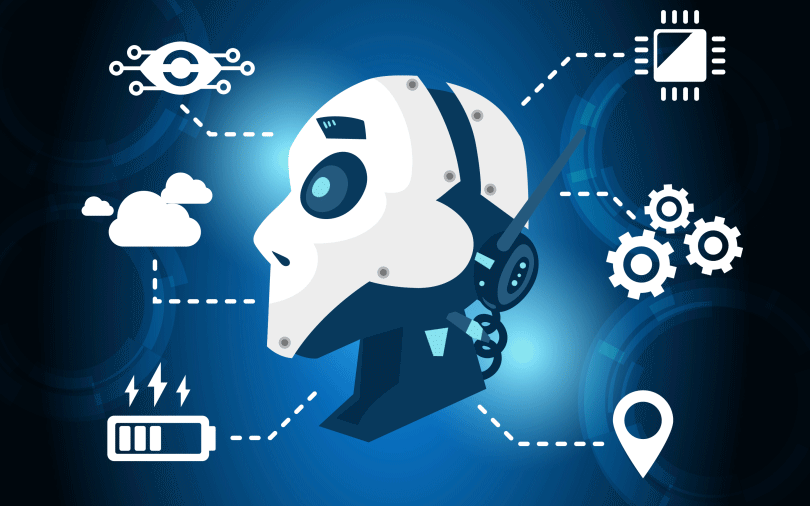🚀 AI Startup Challenges
Navigate the Complex Landscape of Artificial Intelligence Entrepreneurship
📖 Definition
AI Startups are early-stage companies that develop products or services primarily based on artificial intelligence technologies. These ventures face unique challenges beyond traditional startup hurdles due to the complex nature of AI development, including technical complexity, data requirements, regulatory concerns, and intense competition for specialized talent.
🎯 Applications
Medical diagnosis, drug discovery, personalized treatment
Self-driving cars, delivery drones, transportation optimization
Fraud detection, algorithmic trading, credit scoring
Process automation, predictive analytics, customer service
⚙️ Key Usage Areas
Chatbots, language translation, content generation
Image recognition, quality control, surveillance systems
Predictive modeling, recommendation engines, data analytics
Industrial automation, service robots, smart manufacturing
🚧 Major Challenges Faced by AI Startups
Severe shortage of AI specialists, with competition from tech giants offering $300K+ salaries. Finding experienced ML engineers, data scientists, and AI researchers is extremely difficult.
AI development requires substantial capital for computing resources, data acquisition, and extended R&D cycles. Average funding needs are 3-5x higher than traditional software startups.
AI models require vast amounts of high-quality, relevant data. Obtaining, cleaning, and labeling datasets is expensive and time-consuming, often representing 80% of project time.
Managing computational demands as AI models grow. Cloud costs can escalate rapidly, and optimizing for production-scale deployment requires specialized expertise.
Navigating evolving AI regulations, data privacy laws (GDPR, CCPA), and industry-specific compliance requirements while maintaining innovation speed.
Competing against established tech giants with unlimited resources, while proving AI value proposition to skeptical enterprise customers.
🎮 Interactive Challenge Game
Click on the cards below to reveal different AI startup challenges!
Advantages
- High market potential and scalability
- Competitive moats through proprietary algorithms
- Automation capabilities reduce long-term costs
- Cross-industry applications and versatility
- Ability to solve complex, previously unsolvable problems
- Strong investor interest and funding availability
- First-mover advantages in emerging AI sectors
Disadvantages
- Extremely high development and operational costs
- Long time-to-market and uncertain ROI timelines
- Technical complexity and debugging difficulties
- Regulatory uncertainty and compliance risks
- Talent scarcity and retention challenges
- Data dependency and privacy concerns
- Black-box algorithms reducing explainability

Post a Comment